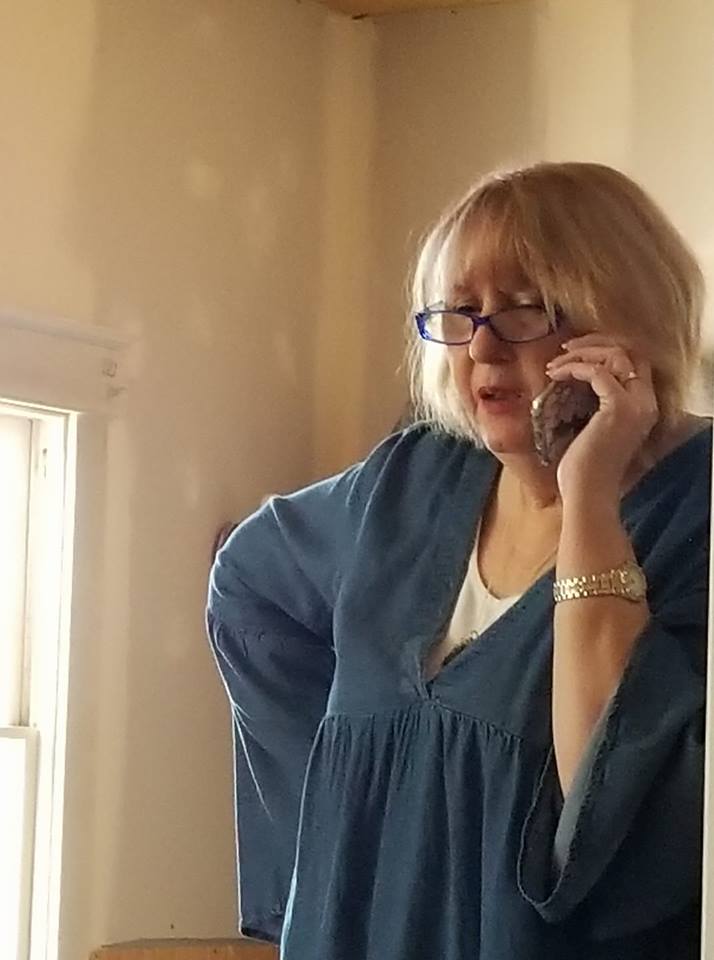www.mercola.com. She has a wealth of informative articles. According to Dr. Mercola, the chemicals found in most common household products can cause irreparable damage to our bodies. She states, “They go directly into your bloodstream, bypassing your liver and kidneys, which are your body’s natural defense system against toxins. Just one application of a typical household cleaner can leave dangerous chemicals lingering in your indoor air for hours on end.” As a young girl, Saturday was cleaning day in our home. One of the main cleaning products we used was ammonia. Unbeknownst to us, ammonia is very irritating to your skin, eyes, and lungs and can be lethal if mixed with other cleaning chemicals, such as bleach. Bad idea! Mixing the two together will cause extremely toxic vapors. Dr. Mercola provides a list of some of the hazardous chemicals found in household cleaners and laundry detergents that can create toxic fumes.
| Glycol ethers – Widespread use in paints, perfumes, soaps, cosmetics, and foods. Cause fatigue, lethargy, nausea, and possible liver and kidney damage | Phosphates – Manufacturers have reduced eliminated phosphates from laundry products, but no action has ever been taken on dishwasher detergents. Causes widespread environmental damage | Volatile organic compounds (VOCs), including 1,4-dichlorobenzene – Cause nose and throat irritation, dizziness, and asthma |
| Phthalates – Cause reproductive harm, endocrine disruption, cancer, and organ damage | Nonylphenol ethoxylates (NPEs), a common ingredient in laundry detergents and all-purpose cleaners, is banned in Europe, and known to be a potent endocrine disrupter,7 causing male fish to transform into females | Petroleum solvents in floor cleaners may damage mucous membranes |
| Perfumes – Cause headaches, sinus problems, and asthma | Formaldehyde, found in spray and wick deodorizers, is a suspected carcinogen | Butyl cellosolve, found in many all-purpose and window cleaners, may damage your kidneys, bone marrow, liver, and nervous system |
| Chlorine – irritating to your skin, eyes, and lungs | Ethanolamines – irritating to the skin, eyes, and lungs | Sodium lauryl sulfate: skin irritant, eye irritant, and potentially carcinogenic |
- Baking soda
- White Vinegar
- Lemon Juice
- Hydrogen Peroxide
- Olive Oil
- Liquid Castile Soap
- Pure Essential Oils (for a fresh clean scent)
- Coconut Oil
- Vodka (no, not to drink silly, but then again, it could make your spring cleaning more fun!)
- Use as a safe non-scratch scrub for metals and porcelain.
- To clean your oven, simply sprinkle a cup or more of baking soda over the bottom of the oven, then cover the baking soda with enough water to make a thick paste. Let the mixture set overnight. The next morning, the grease will be easy to wipe up because the grime will have loosened. When you have cleaned up the worst of the mess, dab a bit of liquid detergent or soap on a sponge, and wash the remaining residue from the oven.
- To unclog a drain, pour 1/2 to one cup of baking soda down the drain, then slowly pour 1/2 to one cup of vinegar in after it. Cover the drain and let it sit for 15 minutes. If it bubbles like a volcano, it means it’s working as planned. Flush with a gallon of boiling water.
- Deodorize dry carpets by sprinkling liberally with baking soda. Wait at least 15 minutes, then vacuum.
- For a heavy-duty toilet scrub that deodorizes while it cleans, pour ½ cup of baking soda and about 10 drops of tea tree essential oil into the toilet. Add ¼ cup of vinegar to the bowl and scrub away while the mixture fizzes.
- For daily cleaning, fill a small spray bottle with vinegar (about 1 cup should do it) and a few drops of an essential oil of your choosing (lemon and tea tree both work well). Spray on the toilet seats, let it sit for a few minutes, and then wipe the surface clean.
- Tubs and showers can produce some of the toughest grime, but it’s no match for the cleaning power of vinegar. To get rid of mildew, spray pure white vinegar on the offending area, let it sit for at least 30 minutes, and then rinse with warm water (don’t be afraid to use a sponge if rinsing doesn’t clear away the grossness on its own). Alternatively, try mixing together baking soda with a bit of liquid castile soap, then scrub and rinse.
- For daily cleaning or to get rid of soap scum, mix 1 part water with 1 part vinegar (and a few drops of essential oils if you’re not into the smell of vinegar) in a spray bottle. Spray, let it sit for at least several minutes, and then wipe away.


